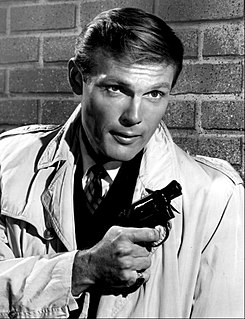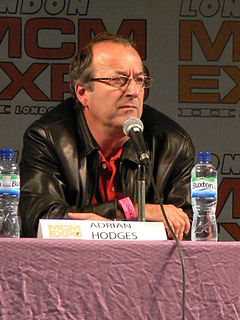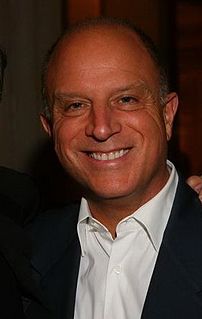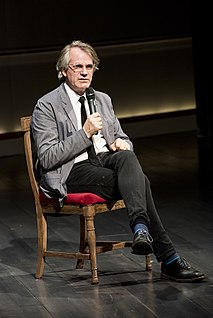A Quote by Bryan Konietzko
We want our villains and antagonists to have distinct motivations.
Related Quotes
Playing villains is very liberating because unlike the leading man, nothing is expected of you. Leading men have to look good, they have to behave in a certain way, they have to fulfill an audience's expectations. But as a bad guy, you have free license to take the audience by surprise. And that's what audiences want - they want unpredictability from their villains. The villain's job is to subvert it.
How do you get the protagonists and antagonists together, in the same space, without somebody having to die? So, we ended up having to tell two distinct stories, which is never the ultimate way to create a great serialized drama. So then, of course, we had the tragedy with Andy [Whitfield], which made everything very difficult and pushed back.






































